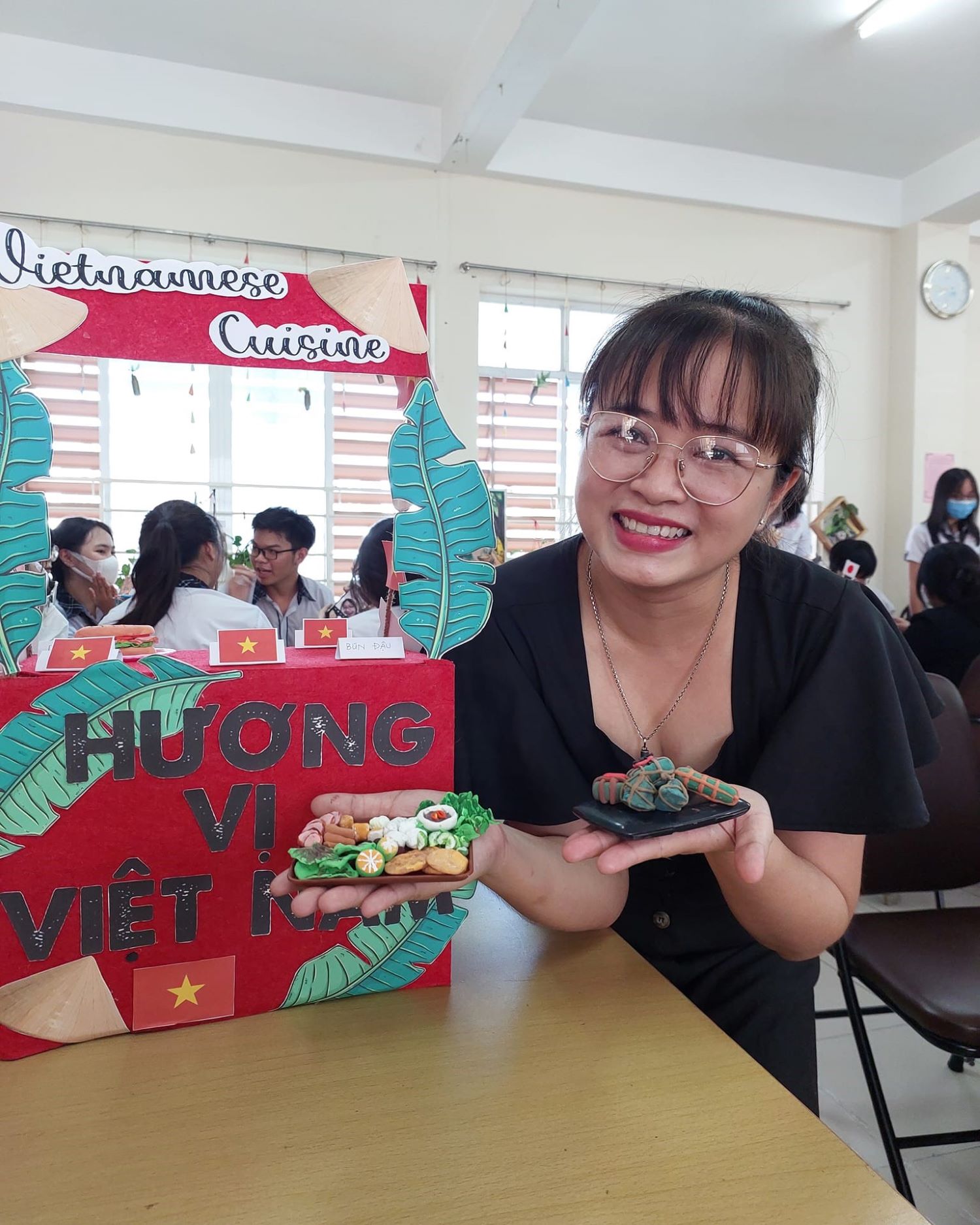Society considers teaching a righteous profession; many even call it a “vocation” or “calling.” But this great veneration towards teachers has also added weight to their shoulders. Since young people look up to them, teachers need to maintain strength and poise even when they’re already feeling overwhelmed. More often than not, they’re not allowed to lose their temper and must keep calm in dealing with the madness in a 30+ people classroom they manage.
In Vietnam, teachers are considered pillars and drivers of change. The country has seen many outstanding teachers make their mark in pushing Vietnamese education to greater heights. This is most probably one of the major reasons local universities are now being ranked among the best educational institutions worldwide.
But teaching is not for everyone. Only those who have an immense passion for sharing knowledge and endless patience can become one.
We took the time to meet some of Vietnam’s respectable educators and asked them to share a few untold stories. Here they share their thoughts on why they love their jobs and the changes they hope to see.
The best part of being a teacher is seeing students grow.
Seeing their students improve daily is the greatest gift every teacher could ask for. Teachers help build future leaders for society by inculcating a habit of taking the initiative.
According to Mrs. Kim Hoang, who teaches English in Ho Chi Minh City, “The best thing about being a teacher is seeing students learn, seeing them reach their full potential.” To her, helping them identify who they are, determine what they want to become and how they want to live their life is “what makes it all worthwhile.”

Mrs. Van Huynh, from Greenwich University Vietnam, takes pride in preparing her students for the future. “Every day, I am eager to go to school even though it is quite far from my house,” she said. “Helping students develop their researching proficiency and productive debate to not only do their assignment but also prepare well for their future is my goal.”

Untold difficulties
A good teacher masters the art of patience, and you can't teach without it.
To Mrs. Huynh being disrespected is the most painful part of being a teacher. No matter the effort she exerts in making impactful lessons or how loud her voice gets when she stands in front of the classroom, many students don’t seem to acknowledge her presence. Others are glued to their phones, others are busy chatting with their seatmates.
Mr. Xuan Linh, a colleague of lecturer Van Huynh at Greenwich Vietnam, also agrees that it’s challenging to remain patient and dedicated to helping students. To add to the usual scenario inside the classroom, the unspoken tension between teachers and parents is a burden.
According to the educators, parents have now become more involved in their kids’ education. It’s a good thing, they said, if only parents don’t cross boundaries.
We asked Mrs. Hoang’s thoughts on this particular issue, and she said it has grown to a new level and broader scale, especially nowadays; many of them do not value and respect teachers. “It is not the low pay that discourages us, it’s the lack of respect from students and parents or even the whole society.”
Dealing with Gen Z students
While many teachers meet challenges understanding and teaching Gen Z students, Mr. Linh happily shared he always feels comfortable sharing knowledge with the younger generation.
“There is not too much of a generation gap with them when I am a Gen Y teacher,” he said. “Plus, I am always looking for ways to communicate with them and understand their interests.”
According to Mr. Linh, the most important thing is to deeply get to know and empathize with their generation’s difficulties, such as mental health. The empathy helps him reach out to them while not making judgments.

Big hopes for the future of Vietnamese education system
Each teacher might have different hopes and wants for the development of Vietnamese education. As an English teacher, Mrs. Hoang intends to eliminate all the English grammar tests and replace them with IELTS to improve students’ language skills.
She also hopes there will be less paperwork and the government can give better attention to improving every teacher’s life and the school quality, such as increasing their salary or investing in school facilities.

On the other hand, Mrs. Huynh suggests a fairer and more professional assessment of both Vietnamese and foreign programs. And since many international study programs have been imported, Vietnamese students should better catch the chances to develop their skills.
As for Mr. Linh, he wants the students to have better rights to raise their voices.
“We have been raising generations of students who do not dare to express their personal views because of many things such as shyness, fear of peer evaluation, and, more significantly, a somewhat passive one-way learning method,” he shared. To him, changing this can build confident and dynamic future generations and have more excellent multi-dimensional views to solve societal problems.

